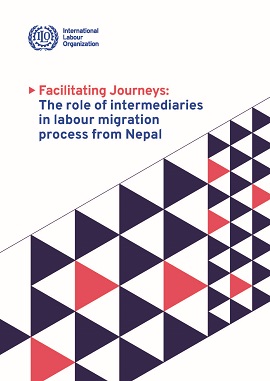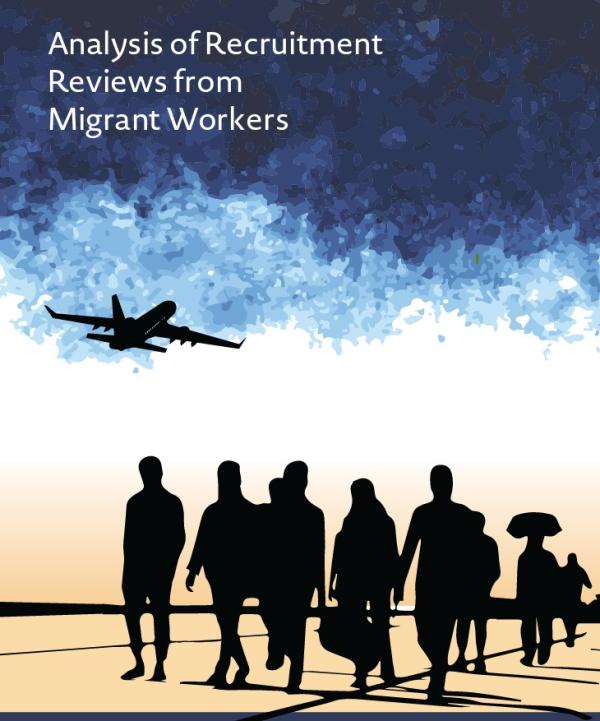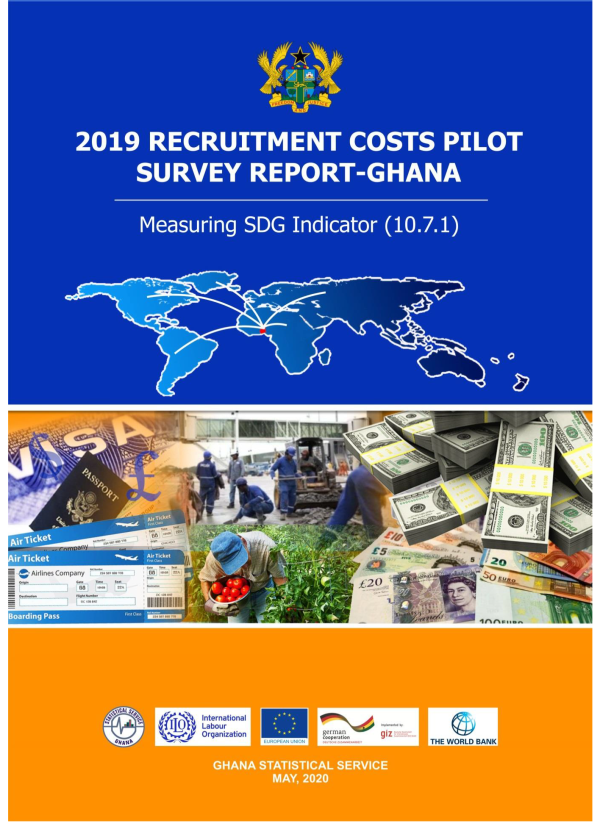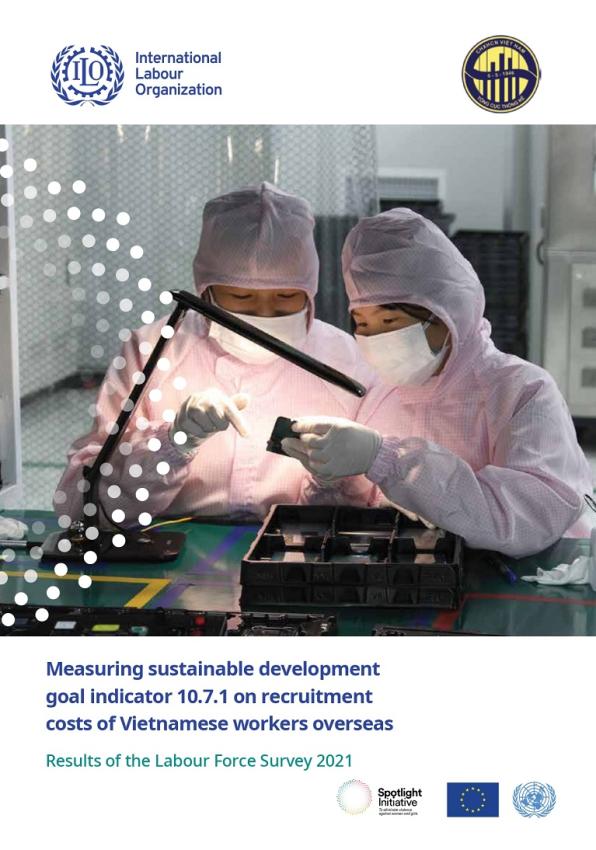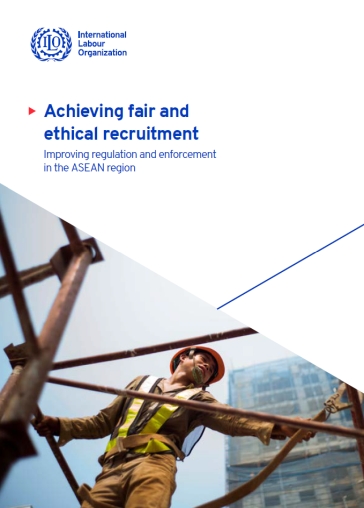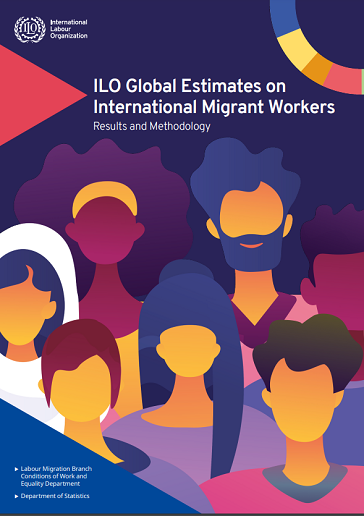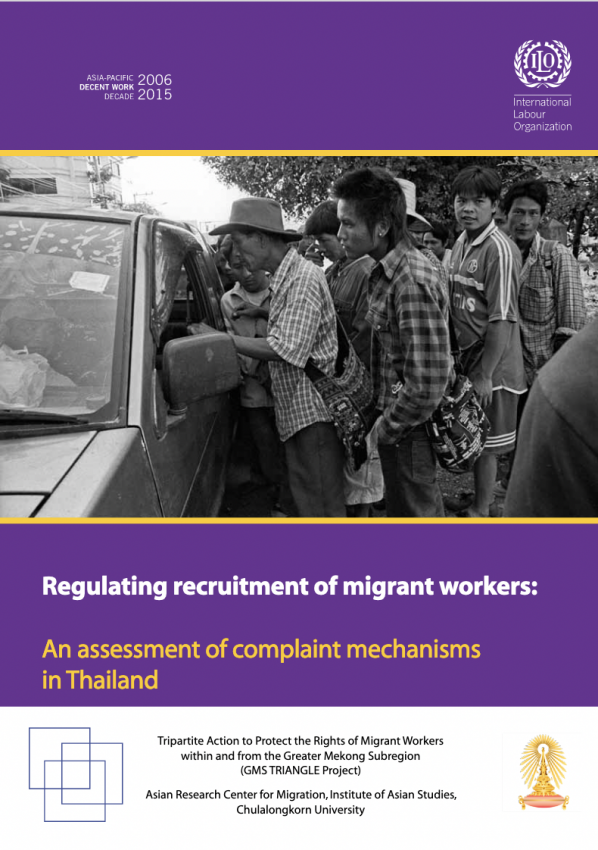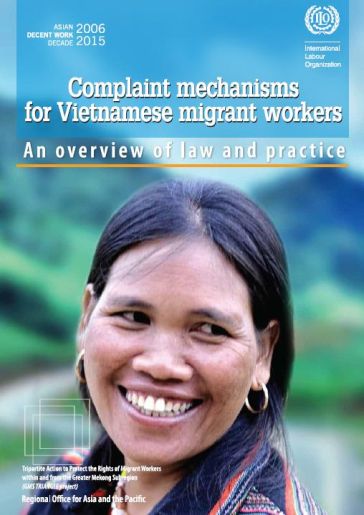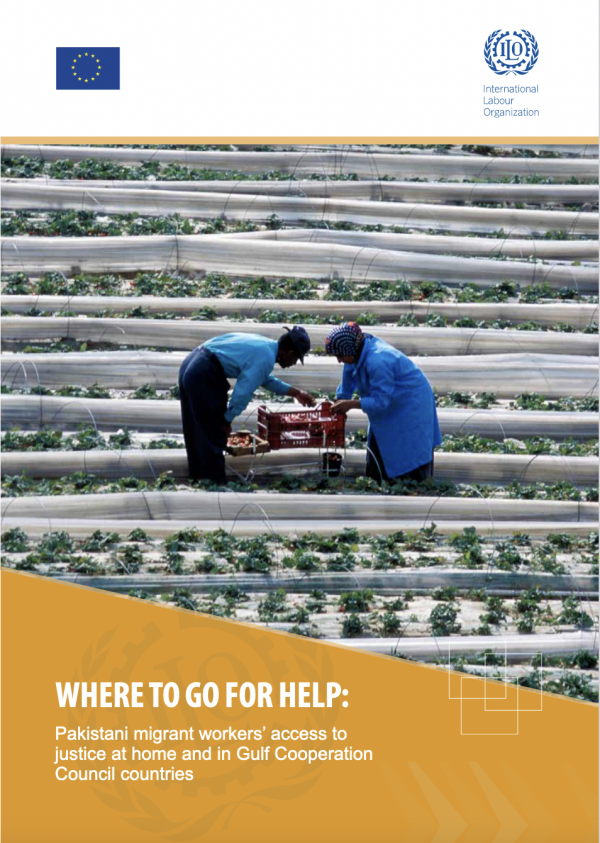Pathways for empowering employment: Diversity and challenges for women migrant workers of Bangladesh
The study focuses on short term overseas employment of semi-skilled and low-skilled workers because most Bangladeshi female workers fall under this category. It covers only regular migration because there is insufficient data available on irregular, undocumented migration.
Committed to ensuring the protection and empowerment of women migrant workers in alignment with the outlined targets, the Government of Bangladesh recognizes the need to explore new employment markets and additional trade opportunities that are safe and that provide dignified work opportunities. For this reason, UN Women (in collaboration with the International Labour Organization and financial support from the Swiss Agency for Development and Cooperation) commissioned these two studies: an analysis of Japan as a potential destination for work for Bangladeshi women and an analysis of caregivers in health care and beauticians in beauty parlours as two potential formal labour sector occupations.
Type of document :
Country/Region :
Year of publication :
Theme : , , ,
Facilitating Journeys: The role of intermediaries in labour migration process from Nepal
What happens after the decision to migrate for work has been made? What steps do prospective migrants take, where do they obtain information and what services do they seek? This infographic is based on qualitative research amongst migrant workers that examines the wide range of intermediaries that workers encounter in their migration journey.
As part of its Integrated Programme on Fair recruitment (FAIR), a global programme supported by the Swiss Development Cooperation, the ILO in Nepal commissioned a study amongst prospective and returning migrant workers to document their experience and in particular their interaction with various intermediaries that are involved in the migration process. Qualitative data was collected through in-depth interviews with 32 men and 9 women migrant workers, originating from 5 provinces, that were either abroad or had recently returned to Nepal.
This infographic illustrates the collection of narratives from migrant workers and builds a picture of their experiences after deciding to migrate. Who do workers interact with as they prepare their journeys? Where do they gather information? How do they prepare for interviews and who supports the processing of job applications and contracts? How are visas obtained, and where do workers receive orientation and training? What costs do these various services amount to? Furthermore, what network of intermediation and support do workers connect with one they have reached their destination? And, finally, who do workers turn to settle outstanding issues upon return to Nepal?
Type of document :
Country/Region :
Year of publication :
Theme : , , , ,
Analysis Report of Recruitment Reviews from Nepali migrant workers
This report explores recruitment practices of recruitment agencies based on the reviews from 1,593 reviewers provided to Recruitment Advisor.
The study found that:
- Sub-agents and middlemen continue to play an important role in facilitating the migration of Nepalis in foreign employment.
- Migrant workers are paying high recruitment and other related fees.
- Majority of migrant workers took pre-departure training.
- Migrant workers continue to be deceived about their job, salary, and benefits.
- Passports of the workers were withheld by the employer.
- Migrant workers were deprived of freedom of association and right to return.
- Most migrant workers less informed about recruitment agency and employer.
The report also proposes ways forward regarding the identified problems.
Type of document :
Country/Region :
Year of publication :
Theme : , , , , ,
2019 Recruitment Costs Pilot Survey Report-Ghana, Measuring SDG Indicator (10.7.1)
This report presents the survey results and examines the recruitment costs, monthly earnings, and Recruitment Cost Indicator (RCI) of migrant workers taking into account their socio-demographic characteristics such as age, occupation, the industry of work, educational attainment, skills, and gender.
In 2019, the Ghana Statistical Service conducted the Recruitment Cost Pilot Survey (RCPS) in four administrative districts, namely, Mampong Municipal, Asante Akim North in the Ashanti Region, and Berekum and Techiman in the Bono and Bono East regions, respectively. The study was mainly designed to pilot an ILO recommended survey methodology to collect data on recruitment costs and monthly earnings of migrant workers from purposely selected districts, in a bid to calculate the SDG indicator 10.7.1 (Recruitment Cost Indicator). This report, therefore, presents the survey results, as it examines the recruitment costs, monthly earnings, and Recruitment Cost Indicator (RCI) of migrant workers taking into account their socio-demographic characteristics such as age, occupation, the industry of work, educational attainment, skills, and sex.
The results of this pilot study show that the survey methodology adopted for this study is suitable for estimating the RCI as required for measuring the SDG indicator 10.7.1. The study shows that the RCI levels, derived from average recruitment costs and monthly earnings for migrant workers, could plausibly be a function of skill level, country of destination, or educational level of the migrant worker. This is because lower levels of RCI could be associated with highly-skilled workers, highly educated migrant workers, and developed countries due largely to commensurate high monthly earnings, a result that resonates with our a-priori expectation.
The Ghana Statistical Service (GSS) implemented the study in collaboration with the International Labour Organization (ILO) with funding from the European Union.
Type of document :
Country/Region : ,
Year of publication :
Theme : , , , ,
Measuring sustainable development goal indicator 10.7.1 on recruitment costs of Vietnamese workers overseas: Results of the Labour Force Survey 2021
This report "Measuring sustainable development goal indicator 10.7.1 on recruitment costs of Vietnamese workers overseas: Results of the Labour Force Survey 2021" was developed using data from the Viet Nam Labour Force Survey 2021. This is the first time the General Statistics Office has released a study on Vietnamese workers abroad.
The report results showed basic characteristics of Vietnamese workers overseas within the last three years (2018-2021). In particular, the report has shown that, on average, Vietnamese workers going to work abroad had to use the equivalent of 7.4 months of their first-month salary to pay for or cover recruitment costs for getting their job abroad in the first place. Based on the study results, the report has proposed policy recommendations related to Vietnamese workers overseas.
Type of document :
Country/Region : ,
Year of publication :
Theme : , , , , ,
Achieving fair and ethical recruitment: Improving regulation and enforcement in the ASEAN region
This report focuses on the efforts of ASEAN Member States to foster fair and ethical recruitment. It maps the laws and regulations, and moreover, the enforcement mechanisms States have employed, and reviews evidence of the results achieved.
Job information can be a rare commodity in the labour market – employers know what skills they need but not where to find them; while the workers know their skills but not who is in need of them. Intermediaries such as recruiters play a useful role in resolving this asymmetry of information. In the real world, however, the operation of the recruitment market is highly imperfect. Common recruitment-related abuses faced by migrant workers in elementary occupations include: paying exorbitant recruitment fees to recruiters, deception concerning the terms and conditions of employment contracts, processing fake documents, confiscation of passports or ID documents, and physical as well as emotional violence and threats. The ILO’s General Principles and Operational Guidelines for Fair Recruitment, call on Member States to adopt appropriate legislation and policies to protect the rights of migrant workers.
In the Association of Southeast Asian Nations (ASEAN) region, where labour migration has become prominent, fair and ethical recruitment can prevent migrant workers from experiencing abusive conditions, including trafficking and forced labour. This report focuses on the efforts of the ASEAN Member States to foster fair and ethical recruitment. It maps the laws and regulations of these Member States and the enforcement mechanisms they have employed, and reviews evidence of the results they may have achieved.
Type of document :
Country/Region :
Year of publication :
Theme : ,
ILO Global estimates on international migrant workers: Results and methodology
This third edition of the ILO Global estimates on international migrant workers: Results and methodology presents the most recent estimates on the stock of international migrant workers, disaggregated by age, sex, country-income group and region, and the estimation methodology. The reference year is 2019. The report predates the onset of the COVID-19 crisis, which has affected the magnitude and characteristics of international labour migration. The estimates offer a benchmark against which the COVID-19 driven changes can be analysed in the future.
The periodic publication of this report provides information on recent trends on labour migration and therefore contributes to achieving the Sustainable Development Goals, as well as supporting policymaking at the country, regional and global levels.
Type of document :
Country/Region :
Year of publication :
Theme : ,
Regulating recruitment of migrant workers: An assessment of complaint mechanisms in Thailand
This report provides the findings of an analysis of the legal framework and the complaint mechanisms for workers with grievances to seek redress - and puts forward recommendations for strengthening the system.
Type of document :
Country/Region :
Year of publication :
Theme :
Complaint mechanisms for Vietnamese migrant workers: An overview of law and practice
This report presents the results of a study initiated under the ILO GMS TRIANGLE project which considered both the laws governing migrant worker complaints and the practical experiences of migrant workers and authorities in navigating the complaints system.
This report provides important context regarding the challenges that may arise during the complaint making process, prompting consideration of the policy and legislative measures that may increases migrant workers' access to justice.
The report finds that while there is a legislative framework that facilitates complaints, gaps in coverage contribute to a lack of clarity for both workers and authorities. The documented practical experiences of workers and authorities indicate that uncertainty or a lack of information leave many migrant workers feeling unsupported or unsure of how to lodge or progress a complaint, with many reports of unresolved complaints or unsatisfactory outcomes. This in turn can have an adverse impact on government policies designed to promote economic development and overseas deployment targets.
The report finds that recent legislative developments and enhancements to internal government processes can be harnessed, through responsible implementation, to drive positive advancements and address challenges in respect of complaint mechanisms. The report makes a series of recommendations designed to promote practical improvements to the complaints process; through legislative reform and effective implementation of laws, conducting training and developing guidance material to increase awareness of complaints procedures, and conducting further research to better capture complaints’ data.
Type of document :
Country/Region :
Year of publication :
Theme :
Where to go for help: Pakistani migrant workers’ access to justice at home and in Gulf Cooperation Council countries
This report examines the legal framework and complaints mechanisms available for Pakistani migrant workers at home and in Saudi Arabia and the United Arab Emirates. It identified bottlenecks in the grievance-handling process and potential ways to improve it to provide a speedy, accessible, less costly and just remedy to migrant workers.
Type of document :
Country/Region : ,
Year of publication :
Theme :
Subscribe to the Fair Recruitment Initiative Newsletter
Sign up to receive news delivered to your inbox.


